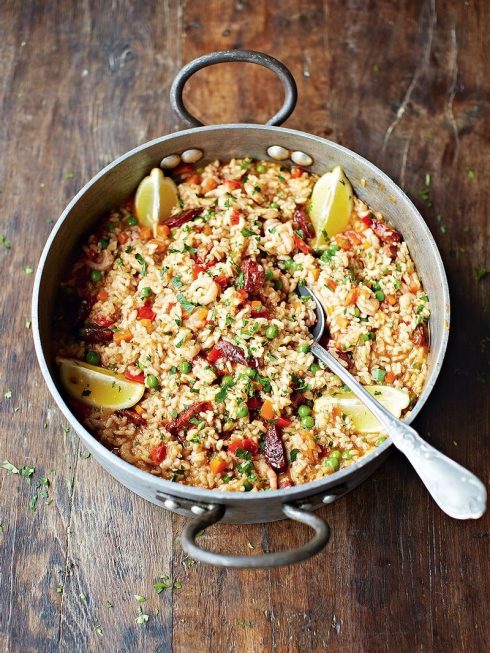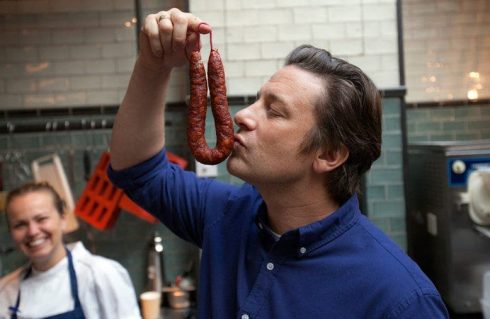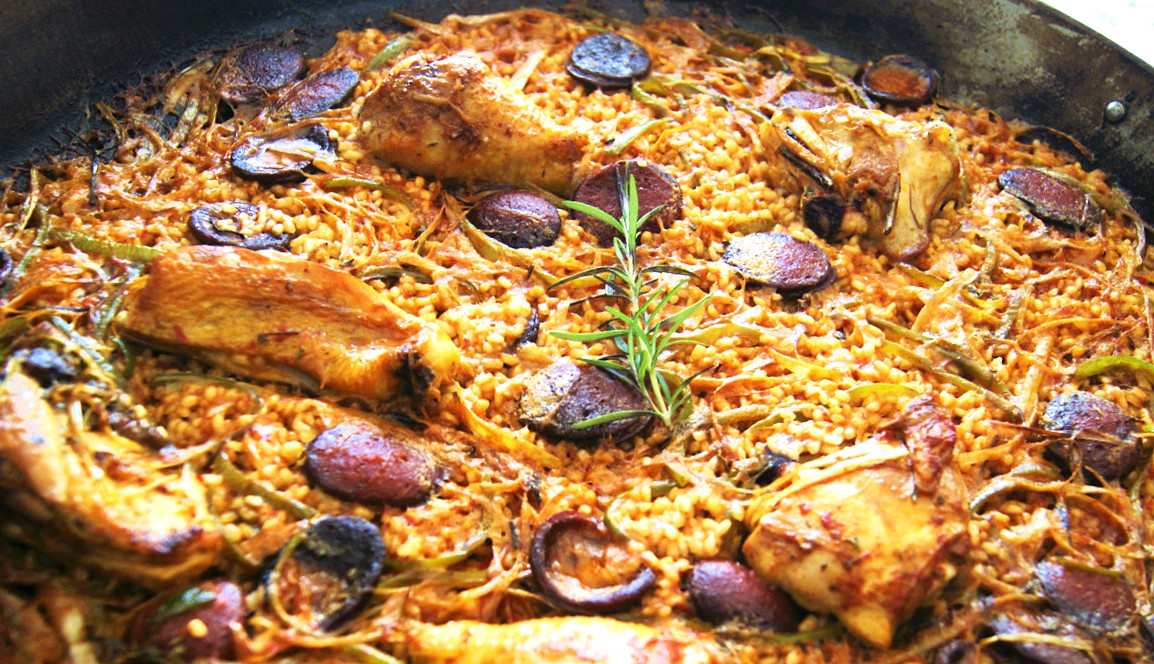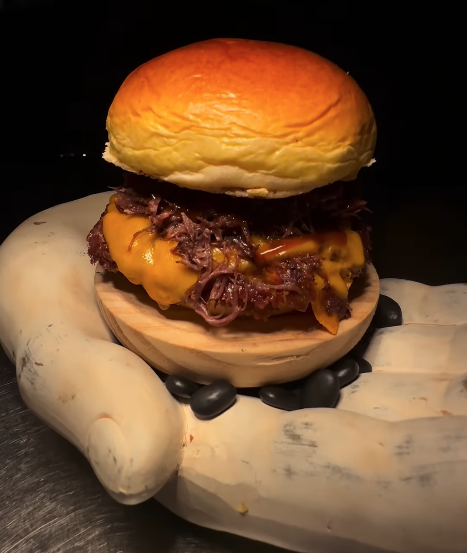THE other day, while treating myself to a paella in Valencia’s Plaça del Mercat, I asked a passing waiter for alioli.
The horror on the faces of my fellow diners was only comparable to that jaw-dropping scene in Back to the Future after Marty unwittingly insults ‘Mad Dog’ Tannen.
“You can’t do that!”, a boy of about eight said to me, laughing incredulously.
“Why not?” I smiled, “does it taste yucky?”
“Oh no”, the boy replied, looking left and right before telling me conspiratorially, “It tastes amazing. But you can’t do it. It’s a crime!”.
This experience stayed with me because I had never felt more distanced from my adopted countrymen. At the age of eight I’d quite happily have poured ketchup on paella, given half the chance.
In northern Europe, food is essentially something we enjoy putting in our mouths. We like it but we don’t identify with it. Of course we have traditional dishes, like Yorkshire pudding and Victoria sponge (emotional repression with a side of empire guilt). But it’s not like anyone kicks up a fuss if you choose to diverge from the accepted recipe.

We add fruit to traditional meat pies, make fish and chips from whatever could be trawled up that morning and slather roast potatoes in ever-crazier concoctions of herbs and goose grease, all in the very reasonable pursuit of new things that taste nice.
Our lack of cultural identification with what we eat allows us to be like children playing with a paint box, mixing and matching, creating and discovering. Food is not an object of pride for us, although never let it be said that it is not an object of love.
This could explain the British perception that the continental approach to food is picky, if not pretentious. And why none of us understood the fuss that had all Spain baying for Jamie Oliver’s blood when he dared to add chorizo to his paella. If it tastes good, what’s the problem?

But I think that I’ve finally got to the bottom of the Spanish attitude to food. And it’s not unreasonable at all.
They’re not saying you can’t add chorizo to paella, any more than the French are saying you can’t make a croissant that isn’t curved, or the Italians are saying you can’t add pepperoni to pizza. Just don’t call it paella, or a croissant, or a pizza, because it isn’t; it’s something else. Here in Spain, adding alioli to paella is rather like adding a sax solo to Elgar’s Nimrod; no one’s saying you can’t do it, just don’t dare call it Elgar anymore.
The pillars of any national culture – music, literature, art and so on – are considered such because they reflect the essence of its people and their lives, and evoke feelings; specifically, the feeling of being Spanish, French, Italian, British or whatever. Few could deny that, just as music or poetry can move us, so can flavour and smell. Here, then, food is the same as any other expression of group identity.
This is the real reason Valencians defend paella with the same watchful diligence as the British defend Shakespeare, the Russians Tchaikovsky or the Colombians Garcia Marquez. What they’re saying is, ‘Here is a window into who we are. If you fog up this window, even a little bit, you won’t see us anymore’.
Britain’s relaxed approach to food is, in its own way, admirable. But the next time you’re dining in Valencia, I invite you to forego the sax solo and enjoy your paella the way it was intended: as a beloved and proudly guarded expression of regional culture.
READ ALSO:











